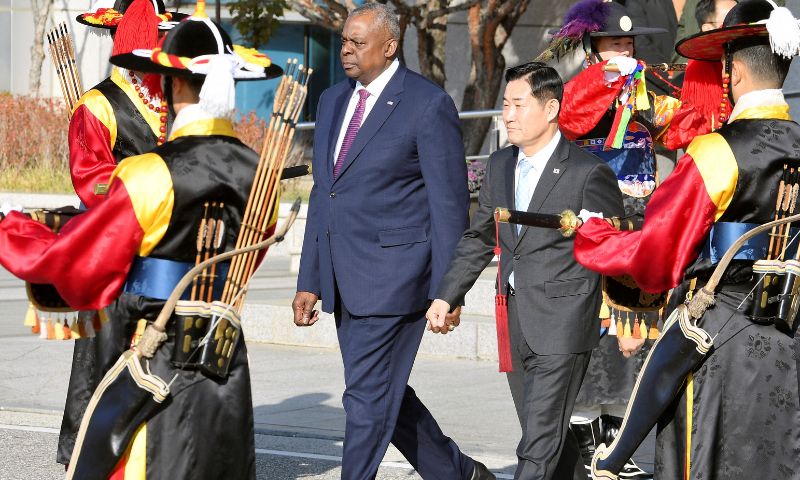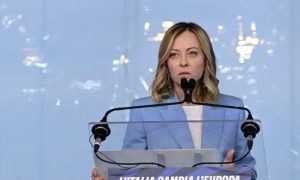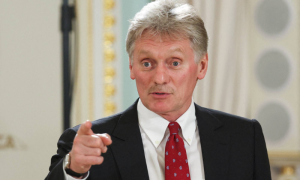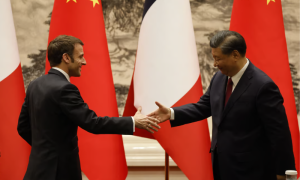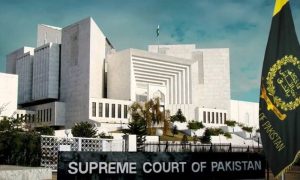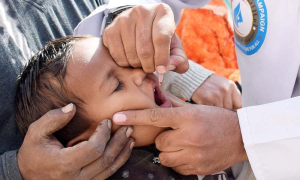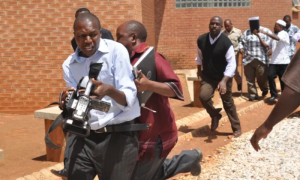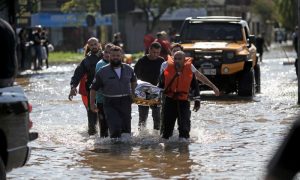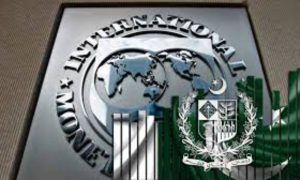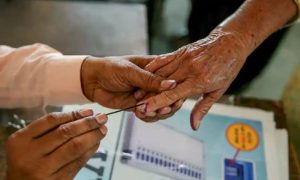SEOUL: North Korea has pointed fingers at the United States and its allies, placing blame on their extensive military exercises and the increased presence of US strategic assets in the region for exacerbating military tensions on the Korean peninsula.
This comes in response to the recent announcement by the Pentagon regarding the potential sale of Sidewinder missiles and the Standard Missile 6 Block I to South Korea. The move, deemed crucial for improving the security of the United States’ major ally, has further strained relations in the already delicate geopolitical landscape.
The US Defence Security Cooperation Agency defended the proposed sale, stating that it aims to enhance the Republic of Korea’s capability to address both current and future threats, while simultaneously fostering interoperability with the United States and other allies.
US Defence Secretary Lloyd Austin’s recent visit to the region sought to reaffirm Washington’s commitment to its allies, particularly in the face of growing ties between Russia and North Korea. While both North Korea and Russia have denied engaging in any arms deals, their leaders pledged to strengthen military cooperation during a summit in September.
The developments occurred in the backdrop of US Secretary of State Antony Blinken’s visit to South Korea the previous week. The consecutive high-level visits aimed to provide reassurances about the United States’ steadfast commitment to regional security. However, concerns were voiced regarding the burgeoning relationship between Russia and North Korea, adding another layer of complexity to an already intricate geopolitical puzzle.
In a parallel diplomatic effort, South Korean Foreign Minister Park Jin engaged in talks with his Japanese counterpart, Yoko Kamikawa, in San Francisco on Tuesday. The two officials agreed to sustain cooperation to address the persistent nuclear threats emanating from North Korea. This diplomatic move reflects the ongoing efforts of regional powers to navigate the complexities of the situation and collaboratively address shared concerns.









